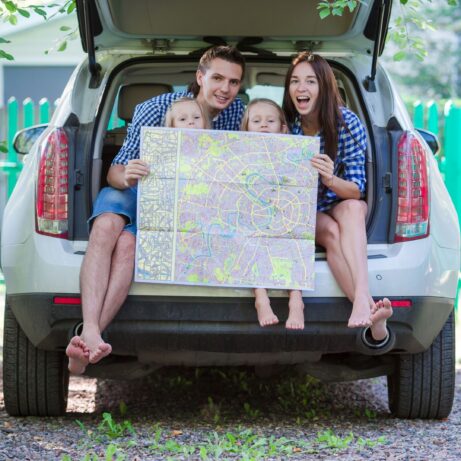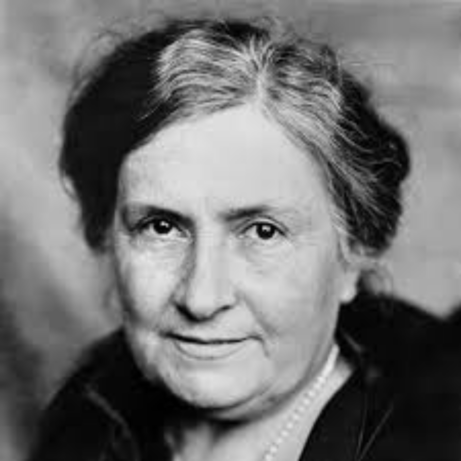Citizens of the World

In this new year, help your child on their path to global citizenship.
Education for Peace
The Montessori educational method, as a whole, is not tied to any national, ethnic or religious system of thought. Over the past century (and some), it had spread through tens of thousands of schools worldwide, flourishing in the most diverse economic and cultural environments, fulfilling its founder’s mandate to find a global, human centered way to bring up children.
Neither is Montessori global “by accident”, by disregarding the various differences between the people it serves. Instead, it aims to actively recognize, acknowledge and celebrate the cultural and spiritual diversity of the peoples of this Earth – and through this knowledge and reverence, to help children understand what it is that unites us all as humans. Global citizenship is a central tenet of Montessori education, a thin red line winding throughout all of its programs and curricula.
It may seem a bit convenient that the view and aims of an Italian activist born two centuries ago would be so poignant to our current political climate, with its globalization struggles, rising nationalistic movements, heating ethnic and religious conflicts, and in the midst of an environmental crisis. But consider that Dr. Montessori lived and worked through two World Wars and witnessed first hand the horrors unleashed by human beings unable to cooperate peacefully.
Her vision for the way out of conflict, towards peace for humanity, was clear: through bringing children up not as members of a group or creed, but as citizens of the world. By enacting change in how children understand themselves and each other, we can change our society and the world; through a billion acts of kindness, respect and understanding, we can “bring about a new era of civilization”. At this moment, on the eve of a new year, let us recommit to this work Dr. Montessori had started.
What Can We Do Every Day?
Foster independence, confidence, and critical thinking. To do work outside of ourselves, we must first have control of our own bodies and minds. From a toddler learning to manage their bodily needs, a preschooler managing their chores, an elementary child conducting research or adolescents in passionate debate: remember that it is only through direct experience and practice that children come to regard themselves (and become) capable and empowered to change their world for the better.
Give opportunities for responsibility, letting your child see the impact of their actions. Set reasonable expectations for your child’s responsibilities, and trust them to fulfill them without your constant control and involvement. And when they fail, instead of punishment, welcome the learning opportunity. Don’t shield your child from every mistake: instead, let them experience the consequences and impact of their actions, and practice making amends when needed. From toddlerhood to adolescence, let your child experience for themselves the satisfaction or pain of duties met or neglected.
Open opportunities for service and philanthropy. Early on, establish the expectation of being kind and helpful to others through direct, hands-on charity and service work; you only need to open the door and show your child how. From everyday acts of kindness to systematic volunteering and charity work, children respond readily and enthusiastically to the chance to do good in the world. By just about any academic, social or psychological metric, they also reap staggering benefits from their own efforts; but most importantly they form the lifelong habit and awareness of themselves as empowered members of their community.

Explore the fundamentals of Montessori parenting with this free video by Sylvia Arotin, offering insights and strategies to empower and educate your child.
Bring your child into the world and let them interact with their environment. It is all too easy to let a child spend most of their time within the four walls of their very carefully prepared home (or school) environment. Remember to venture out often, both physically and in spirit: trips, walks and travels, or through books and stories. You need not travel far to find brand new places and perspectives.
Find time and energy for beauty, wonder, and love. To genuinely care for and protect something, we must first and foremost genuinely love it. Share with your child everything you find wonderful, beautiful and awe-inspiring; help them to find the beauty around them and in the world through the lens of their own passions and interest. It’s an incredible world out there, with more wonders than we could ever see in a lifetime, and it is for all of us to share.
Montessori Beginnings
YOUR ULTIMATE
MONTESSORI PARENTING COURSE
FOR ZERO TO THREE
Gain clarity and confidence in your parenting to raise a resilient, independent and joyful child.


